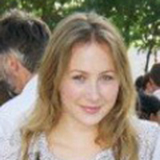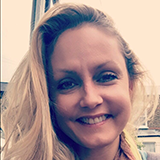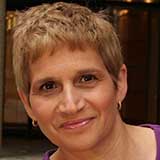Last week we heard the devastating news that another junior doctor has taken their own life. Another remains missing. Cases like this are not new in medicine and are reported the world over. We cannot speculate about the causes, and the exact circumstances are, and should be, private. However, these cases have been widely discussed among junior doctors and have sparked conversations about the work pressures and stress that many doctors are under.
Over the past 18 months junior doctors have experienced intense and unprecedented pressure. Clinically, with increased demands on services, rota gaps, and overwhelming patient numbers. Academically, with intense competition for reduced research funding, more exams, and training requirements. And financially, with great uncertainty over the now imposed junior doctor contract, which changes the way they are paid.
Headlines abound of failing NHS services, which put the blame not on funding pressures, but instead on health staff who are already working flat-out.
Working under pressure in an increasingly under-resourced NHS (which is not the same organisation that many doctors came into with high hopes and ideals) and not having the time to take care of our own basic needs, such as eating and rest breaks, leaves high achieving doctors feeling hopeless and depressed. Even the most resilient can become overwhelmed and may find it difficult to seek help.
So we must reach out. The “We” being us—medics, the team, colleagues, and friends. It is important to remember that there are people around to talk to. Each of us can do something to look after our colleagues. To care for one another, as we care for our patients. For we are busy, yes, but we are still human. And remember that our patients value us, but they too need us to be fit and healthy—our best selves.
Do not suffer in silence. Doctors are renowned for this, though perhaps it is time we changed this tide. It is up to us.
Guilt has no place in a system that is already so under pressure—a few days off and some support could be hugely restorative.
 Taryn Youngstein is a rheumatology registrar.
Taryn Youngstein is a rheumatology registrar.
 Lauren Gavaghan is a consultant psychiatrist in eating disorders.
Lauren Gavaghan is a consultant psychiatrist in eating disorders.
 Clare Gerada is the medical director of Practitioners Health Programme and GP Health Services.
Clare Gerada is the medical director of Practitioners Health Programme and GP Health Services.
Resources:
There are many services available for doctors:
- Practitioners Health Programme in London. A confidential NHS service for doctors and dentists. The PHP website has a comprehensive list of useful resources for doctors in need of support.
- BMA Counselling & Doctor Advisor service 24/7 support on 0330 123 1245 and a list of online resources.
- Doctors Support Network—peer support group for doctors.
- Medical Royal Colleges—have their own support services available for doctors.
- Each Trust will have an occupational health department (some will offer short-term psychology sessions/drop-ins).
